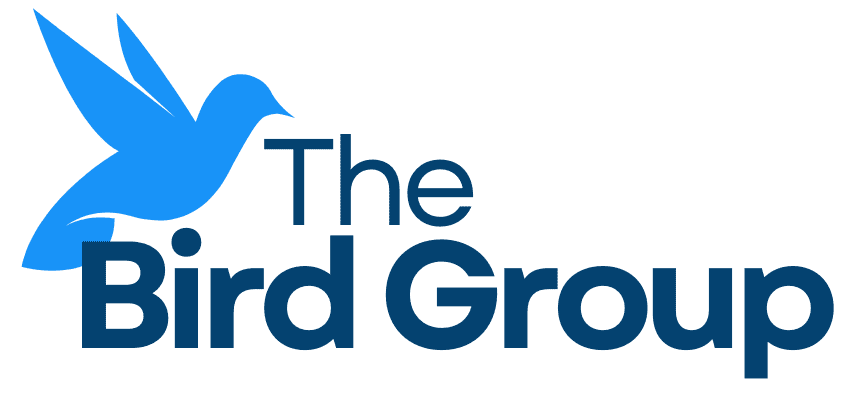Gen Z has been considered unworthy of a major marketing push by many supercommunity banks. But the cohort is getting older (and more well-healed). Their preferences and concerns have evolved and are worthy of note.
Gen Z is an intriguing generation from a financial behavior standpoint, raised on social media and information gathering from peers, who are far more trusted than any other source.
As the Z’ers grow older and start improving their financial profile, so does their thirst for life-level financial planning: retirement, investing, building up emergency liquidity.
Here are the top trends bankers should know about Gen Z when building out 2023 marketing plans.
- Over 85% of Gen Z’ers believe they face a barrier to financial success. These “barriers” fall into at least one of the following categories:
- High cost of living (aka inflation)
- Not enough income to make their financial goals
- National economy problems
- Housing costs
- Inability to save
- Job instability
Saving is particularly difficult the Gen Z’ers, worsened in 2022 by inflation woes.
- Four out of ten (42%) say the economy and inflation are top financial stressors.
- Three quarters (73%) contend the economic landscape has made it “more” challenging to save, while 40% say it has made it “much more” challenging.
Zs want to plan long-term, but the day-to-day expenses make it difficult to save money despite it being a life goal for many of them.
Inflation has been the main cause of this tension. When asked about how inflation impacts their day-to-day financial lives, Gen Z says it has
- Complicated saving for financial goals (59%),
- Created more financial stress (56%)
- Made it difficult to pay down debt (43%)
In addition to taking on second (or third) jobs, half of Gen Z with debt would “sacrifice chocolate and pizza for a year” or “babysit twin toddlers for a week” and two out of five (39%) would “give up their cell phone for a month.”
Gen Z wants more help to figure out how to find money for investing and debt repayment. As BofA found, “Preparedness levels decrease significantly when it comes to more complex topics critical to a more secure future, including building an emergency fund (54%), saving for retirement (43%) and investing (29%).”
Growing older has been helpful to all generations, and Z’ers are no exception. The older half of the group is doing markedly better with finances than even two years ago.
“If we go back a couple years, we have seen Gen Z take more action toward getting financial education tools, setting up budgets and planning for emergency savings,” Christine Channels, Head of Community Banking and Consumer Governance at Bank of America said in The Financial Brand interview. “The most recent survey showed they do feel equipped to handle basic financial tasks.”
Further, as they mature, so do their life goals, such as :
- Furthering their education
- Advancing their career
- Getting a better job
- Saving for retirement
- Traveling
- Building their credit
As they mature, their commitment to achieving these goals gets firmer. They are willing to change job, convert a hobby/passion project into income-generating activities and even work two jobs. Short-term goals, such as travel, give way to longer-term goals, such as education and career-building (vs. short-term dollar maximizing positions).
“Having savings for the unexpected and being prepared for an emergency is probably a higher priority than it was for the generation before (the Millennials), possibly because the pandemic demonstrated to all how fleeting success and liquidity can be.
How can banks use this information?
Z’ers appear ready to start a conversation about their financial future, life goals and longer-term plans. Gen Z is ready to learn and adjust behaviors to achieve these goals. A trusted banker and a good mobile app can help them develop a plan and track progress against it.
BofA says: “They [Gen Z] make up almost half of our engaged users, whether it’s through digital content or our [financial education] sessions that we have,” Channels says. “We offer these financial education resources to allow young adults to engage and receive it the way they want: whether they want to do it digitally, online by themselves or in a classroom setting.”
Our opportunity is to meet Z’ers on their terms where they are (which is primarily, but not exclusively I the digital world. Show them how to use high-yield accounts to build their emergency liquidity resources, how to budget using basic tools available on our mobile apps, and connect them with a personal banker who can answer their questions when they are ready to engage.
The country’s biggest banks are already capturing more than their fair share of the younger generations. We can stop the bleeding by responding to their shifting preferences and offering them, on their terms, the tools they seek to get their financial lives in order. Many Z’ers are where the Millennials were 5-10 years ago. Not surprisingly, their concerns and preferences aren’t much different from this preceding generation. Adjusting these tools to better social media delivery and Gen Z consumption can help you engage with and build loyalty among these digital-forward customers. The relationship will deepen as their needs evolve and expand. We have what they need. Our challenge is finding effective ways to deliver those solution on-point and on-channel.
